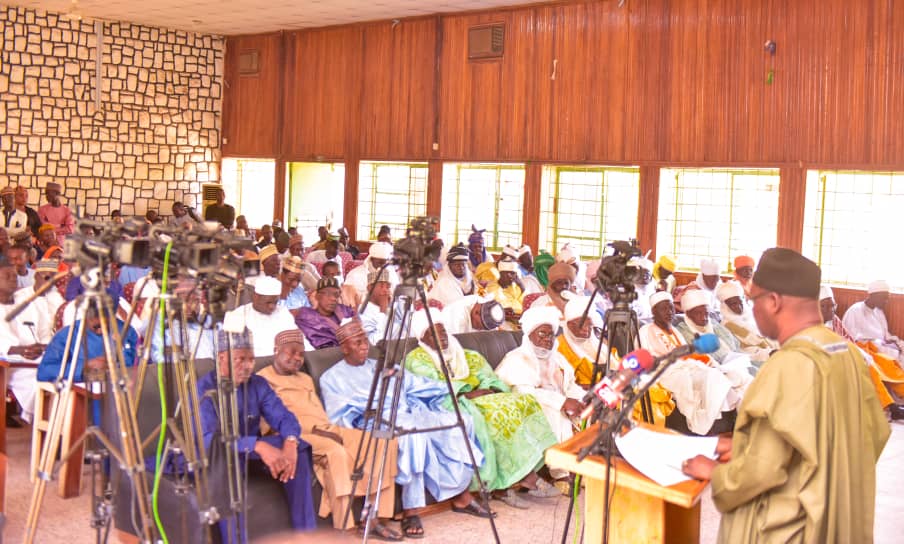Governor Muhammadu Yahaya of Gombe State, has convened a citizens’ engagement forum to seek inputs from the public into the state’s 2025 budget.
The forum, which was attended by traditional rulers, community leaders, civil society organizations, and other stakeholders, was not only aimed at identifying priorities for the upcoming fiscal year, but to as well foster inclusive governance and transparency.
The governor, who was represented by the Secretary to the State Government, Prof. Ibrahim Njodi, emphasized the administration’s commitment to effective resource management and public participation in decision making.
“This engagement underscores our determination to prioritize the needs and aspirations of the people in government spending,” Prof. Njodi stated, adding that “it is a clear demonstration of our dedication to transparency and accountability in governance.”
Gov. Yahaya highlighted the success of previous engagements, revealing that 48 out of 71 projects proposed at the forum in the previous year had been executed.
He pledged continued focus on key sectors, including health, education, water supply, housing, infrastructure, and rural development in the 2025 budget.
Read also: Rivers crisis: Tension, suspense as Appeal Court reserves judgment
Stakeholders at the event who not only applauded the initiative, stressed the need to address community-specific challenges, such as road infrastructure, healthcare facilities, and educational improvements.
Speaker of the Gombe State House of Assembly, Abubakar Luggerewo, assured participants that the legislature would collaborate closely with the executive to incorporate their inputs into the final budget.
Also speaking, the Commissioners for Budget and Economic Planning, Salisu Alkali and his Finance and Economic Development counterpart, Muhammad Magaji, provided insights into the state’s financial outlook, emphasizing prudent fiscal management amid economic challenges.
Permanent Secretary of the Ministry of Budget and Economic Planning, Jalo Ali, encouraged robust discussions and actionable recommendations, highlighting the forum’s role in shaping a people-centric budget.






